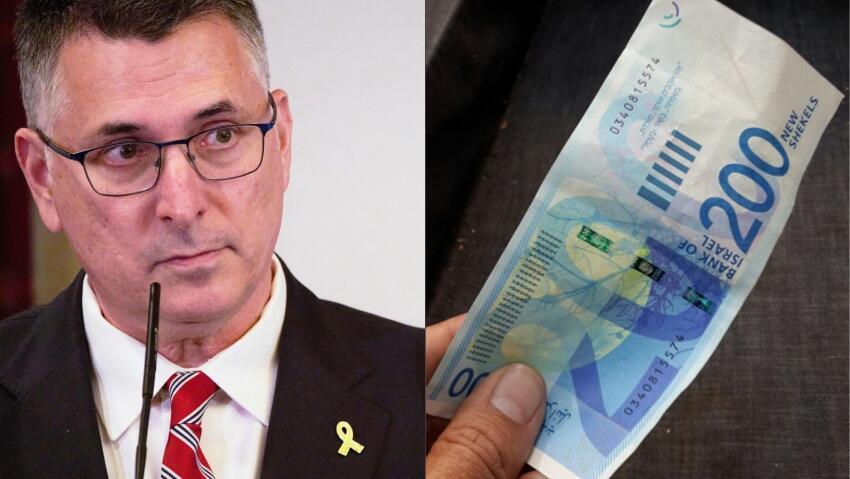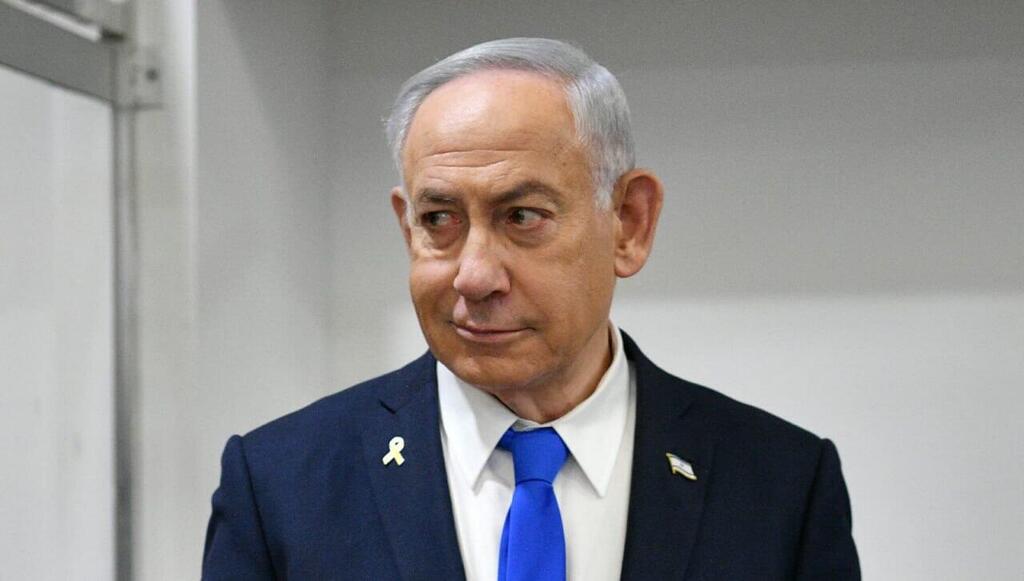Prime Minister Benjamin Netanyahu has expressed support for a proposal by Cabinet Minister Gideon Sa’ar to invalidate older 200-shekel banknotes in a bid to economically weaken Hamas, according to officials familiar with the matter.
The initiative was discussed during a recent late-night meeting of Israel’s security cabinet, where ministers also debated intensifying military operations in Gaza and the continuation of the current freeze on humanitarian aid into the Strip.
Sa’ar, a former justice minister and current Cabinet member, said the economic front is just as crucial as the military one, arguing that Hamas is under financial strain and struggling to pay its operatives. “This is the time to collapse Hamas economically,” he said. The move, he claimed, would also be effective against other terror groups and organized crime.
Netanyahu reportedly called the proposal “an excellent idea,” adding that he would consult with Bank of Israel Governor Amir Yaron and ordered an examination into the feasibility of the move. Finance Minister Bezalel Smotrich and other ministers also voiced support during the meeting.
Sa’ar presented two options to the cabinet: either withdraw all existing 200-shekel bills and replace them with a new note or with two 100-shekel notes, or, as outlined in his recent letter to the central bank, invalidate only certain serial-numbered series that Israeli authorities believe are currently circulating within Gaza.
Get the Ynetnews app on your smartphone: Google Play: https://bit.ly/4eJ37pE | Apple App Store: https://bit.ly/3ZL7iNv
No cabinet members objected to the proposal during the meeting. However, the Bank of Israel issued a firm rejection of the idea on Monday, saying the decision rests with the central bank and, at present, there is no recommendation from security officials to implement such a step.
Sa’ar argued that the plan would not harm Israeli citizens, since only specific series of bills believed to be in Gaza would be affected. He added that Israelis in possession of those notes would be able to exchange them easily—unlike Hamas, which lacks access to formal banking channels.
Despite political support, economic experts have cast doubt on the practicality of the proposal. They noted that as long as cash transactions up to 6,000 shekels are permitted in Israel—and up to 50,000 shekels for second-hand vehicle purchases—removing or selectively invalidating notes would be difficult to enforce.
“No one checks the serial numbers of cash they receive,” said a senior government economic official. “This proposal is simply unworkable at this time.”




